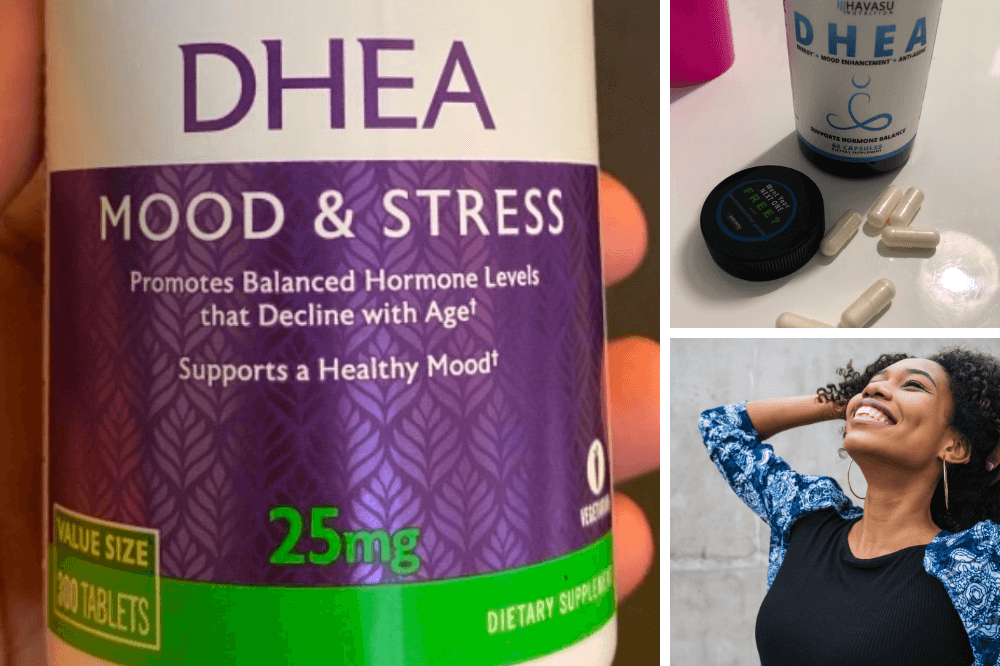Creatine is a naturally occurring compound found in muscle cells, where it plays a crucial role in energy production. Known for its benefits in enhancing muscle energy production, improving athletic performance, and increasing muscle mass and strength, creatine has become one of the most researched supplements in the sports nutrition field. This article will explore what creatine does in the body, the benefits of creatine supplementation, and its impact on various bodily functions.
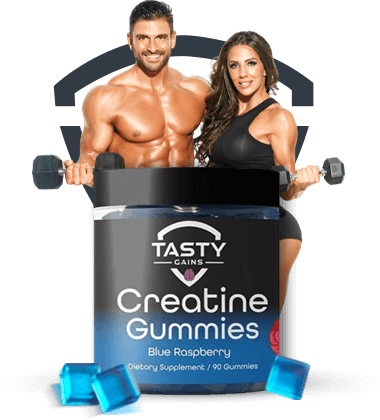
Understanding Creatine: What Is It?
Creatine is a compound made up of three amino acids: arginine, glycine, and methionine. It is naturally produced in the liver, kidneys, and pancreas and is stored primarily in skeletal muscles. About half of the body's creatine stores come from dietary sources, particularly protein-rich foods like red meat and fish.
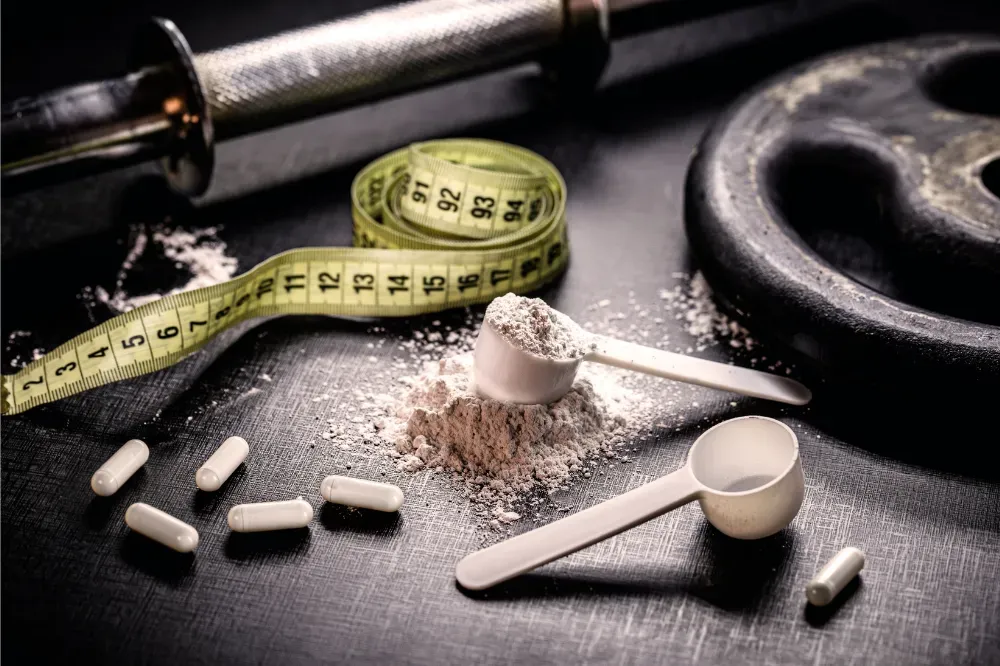
Creatine's Role in Energy Production
One of creatine's primary functions is to help generate adenosine triphosphate (ATP), the body's main energy currency. During high-intensity exercise, the stored creatine phosphate in muscles donates a phosphate group to ADP (adenosine diphosphate) to quickly produce ATP. This rapid ATP production is vital for activities requiring short bursts of energy, such as sprinting, weight lifting, and explosive exercises.
The Benefits of Creatine Supplementation
Creatine supplementation is widely recognized for its ability to enhance athletic performance, increase muscle mass, and improve exercise capacity. A creatine supplement comes in various forms, such as creatine monohydrate and creatine ethyl ester. It offers numerous benefits, including increased creatine phosphate stores in muscles, which allow for sustained ATP production during intense physical activity.
Muscle Growth and Creatine
One of the most well-known benefits of taking creatine is its impact on muscle growth. Creatine supplements promote increased muscle mass by drawing water into muscle cells, leading to cellular swelling. This swelling triggers anabolic hormones, which promote new muscle growth. Studies suggest that creatine is particularly effective in conjunction with resistance training, leading to greater increases in lean muscle mass.
Creatine and Muscle Recovery
Creatine is also known to aid in muscle recovery. By reducing muscle damage and inflammation following intense exercise, creatine supplementation can help athletes recover faster and get back to training sooner. This improved recovery time is essential for those engaged in high-frequency training regimens.

Creatine and Brain Health
Emerging research suggests that creatine may have benefits beyond muscle performance, particularly in brain health. Creatine's role in ATP production is not limited to muscles; it also supports energy production in the brain. Some studies have shown that creatine supplementation can improve cognitive function, especially in tasks that require quick thinking and mental endurance. Additionally, creatine may have potential benefits for conditions like traumatic brain injury, neurodegenerative diseases, and even mood disorders like bipolar disorder.
The Impact of Creatine on Athletic Performance
Creatine is often associated with improved athletic performance, particularly in sports requiring short bursts of power and strength. The International Society of Sports Nutrition and the International Olympic Committee both recognize creatine as an effective supplement for enhancing performance in activities like sprinting, weightlifting, and high-intensity interval training.
Creatine and Muscle Strength
Beyond just increasing muscle mass, creatine has been shown to enhance muscle strength. By providing a readily available energy source, creatine enables athletes to lift heavier weights and perform more repetitions, ultimately leading to greater gains in muscle strength over time.
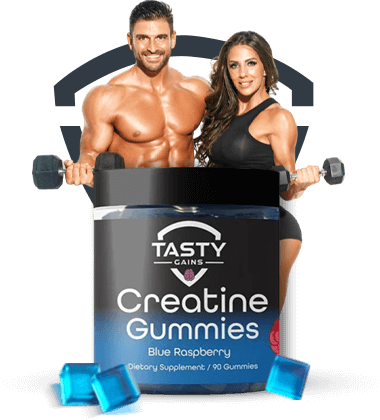
Creatine Supplementation and Endurance Exercise
While creatine is often linked to anaerobic activities, it may also have benefits for endurance exercise. Creatine's ability to improve ATP production can help sustain energy levels during prolonged physical activity, potentially enhancing endurance performance in sports like long-distance running and cycling.
Creatine Monohydrate: The Most Popular Form
Among the various forms of creatine available, oral creatine supplements, particularly creatine monohydrate, are the most researched and widely used for their potential benefits in enhancing muscular performance. Creatine monohydrate supplementation has consistently been shown to be effective in increasing muscle mass, improving performance, and supporting overall health. It is also one of the most affordable forms of creatine, making it accessible to a wide range of users.

How to Take Creatine: Dosage and Timing
When it comes to taking creatine, the typical approach involves a loading phase followed by a maintenance phase. During the loading phase, individuals take a higher dose of creatine (usually 20 grams per day) for 5-7 days to saturate the muscles. After the loading phase, a maintenance dose of 3-5 grams per day is recommended to keep creatine levels elevated. Some people opt for a lower, steady dose of 3-5 grams per day without a loading phase, which can also be effective over time.
Potential Side Effects of Creatine Supplementation
While creatine is generally considered safe for healthy individuals, some may experience side effects such as muscle cramping, dehydration, and water retention. To mitigate these effects, it's important to stay well-hydrated when taking creatine supplements. Research has largely debunked concerns about kidney damage and liver disease related to creatine use, showing that creatine is safe for long-term use in healthy people.
Creatine and Kidney Function: Debunking the Myths
One of the most persistent myths about creatine supplementation is that it can cause kidney damage. However, numerous studies and systematic reviews have shown that creatine does not adversely affect kidney function in healthy individuals. It's important to note that people with pre-existing kidney disease should consult a healthcare provider before taking creatine supplements.
Creatine's Role in Weight Gain
Creatine supplementation is often associated with weight gain, primarily due to increased water retention in muscle cells. This initial weight gain is not due to an increase in fat but rather an increase in muscle mass and water content. Over time, the muscle-building effects of creatine can lead to an increase in lean body mass.
Creatine and Cognitive Function
In addition to its physical benefits, creatine has been studied for its effects on cognitive function. Research suggests that creatine supplementation may enhance memory, attention, and overall cognitive performance, particularly in situations of sleep deprivation or mental fatigue. These benefits are thought to be linked to creatine's role in ATP production in the brain.
Creatine for Older Adults: Maintaining Muscle Mass
As we age, maintaining muscle mass and strength becomes increasingly important for overall health and quality of life. Creatine supplementation has been shown to help older adults preserve lean muscle mass, improve muscle strength, and enhance physical performance. This makes creatine a valuable supplement for aging populations looking to stay active and healthy.

Creatine and Bone Health
Some research has indicated that creatine supplementation may have a positive effect on bone health. By enhancing muscle strength and improving exercise performance, creatine may indirectly support bone density and reduce the risk of fractures, particularly in older individuals engaged in resistance training.
Creatine's Effects on Skin Aging
Interestingly, early research suggests that creatine may also have benefits for skin health, particularly in reducing signs of aging. Topical creatine applications have been studied for their potential to improve skin elasticity and reduce wrinkles, though more research is needed in this area.
Creatine and Neurodegenerative Diseases
Creatine's potential neuroprotective effects have sparked interest in its use for treating neurodegenerative diseases like amyotrophic lateral sclerosis (ALS) and Parkinson's disease. While research is still in its early stages, some studies suggest that creatine may help slow the progression of these diseases by supporting energy production in brain cells.
Creatine and Heart Health
Creatine's role in energy production may also have implications for heart health. Some studies have explored creatine's potential to support heart function, particularly in conditions like heart failure. While the results are promising, more research is needed to fully understand creatine's impact on cardiovascular health.
Creatine in Sports Nutrition: A Position Stand
The International Society of Sports Nutrition has taken a clear position on the use of creatine, recognizing it as one of the most effective supplements for enhancing athletic performance. Their position stand emphasizes the safety, efficacy, and benefits of creatine supplementation for a wide range of athletic activities.
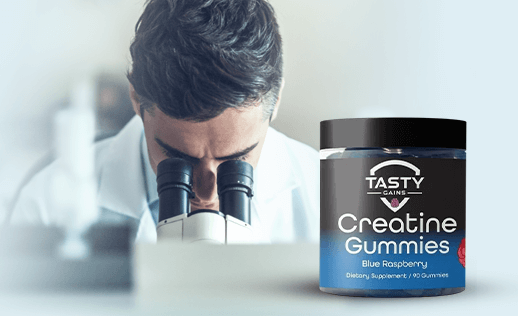
Creatine and the National Collegiate Athletic Association (NCAA)
The use of creatine as a dietary supplement is permitted by the National Collegiate Athletic Association (NCAA), though they do not allow schools to provide creatine supplements to athletes. This reflects the widespread acceptance of creatine as a safe and effective supplement for enhancing performance in collegiate sports.
Conclusion: The Versatility of Creatine
Creatine is more than just a supplement for athletes looking to increase muscle mass. Its role in energy production makes it a valuable compound for a wide range of bodily functions, from muscle growth and recovery to brain health and cognitive function. With its extensive research backing and proven benefits, creatine remains a popular and effective supplement for individuals across different age groups and activity levels.
FAQ: What Does Creatine Do in the Body?
Q1: What are the primary benefits of creatine supplementation?
Creatine benefits include enhanced athletic performance, increased muscle mass, improved strength, and faster recovery after intense exercise. Additionally, creatine has been shown to support cognitive function and may have neuroprotective effects, making it a versatile supplement for both physical and mental health.
Q2: Is creatine considered safe according to sports nutrition guidelines?
Yes, the International Society of Sports Nutrition has issued a position stand recognizing creatine as a safe and effective supplement for enhancing athletic performance. Their guidelines emphasize that creatine is well-researched and beneficial for a wide range of sports and physical activities.
Q3: Can creatine be taken alongside other dietary supplements?
Creatine can be safely taken with most dietary supplements, such as protein powders, amino acids, and multivitamins. It is often included in pre-workout formulas and works well in combination with other supplements designed to enhance performance and muscle growth.
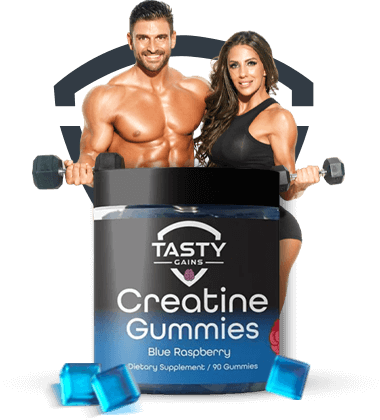

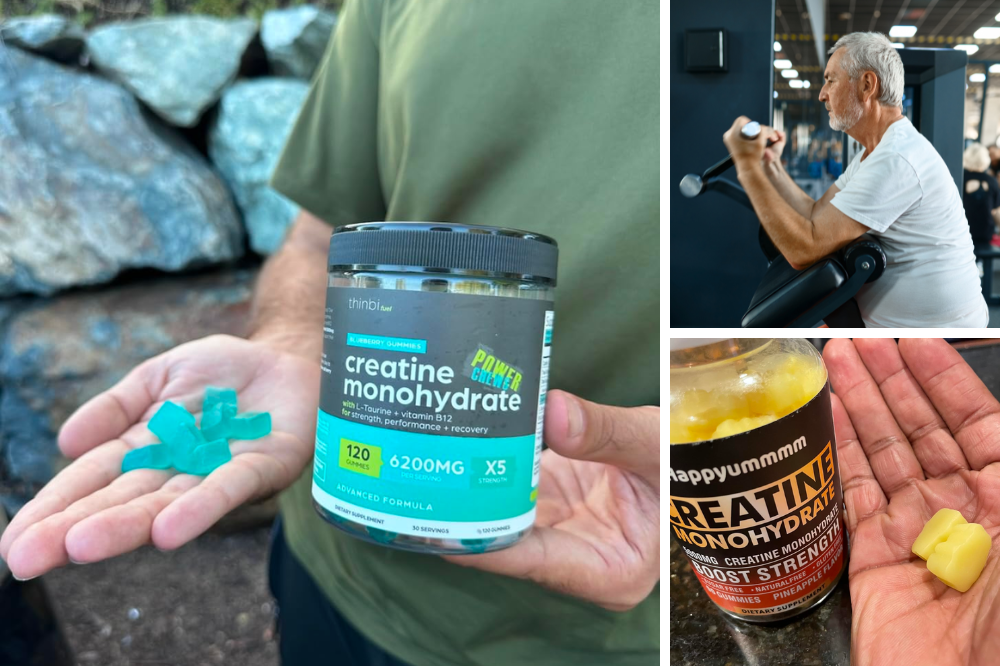

Reference:
Kreider, R.B., Kalman, D.S., Antonio, J. et al. International Society of Sports Nutrition position stand: safety and efficacy of creatine supplementation in exercise, sport, and medicine. J Int Soc Sports Nutr 14, 18 (2017). https://doi.org/10.1186/s12970-017-0173-z










